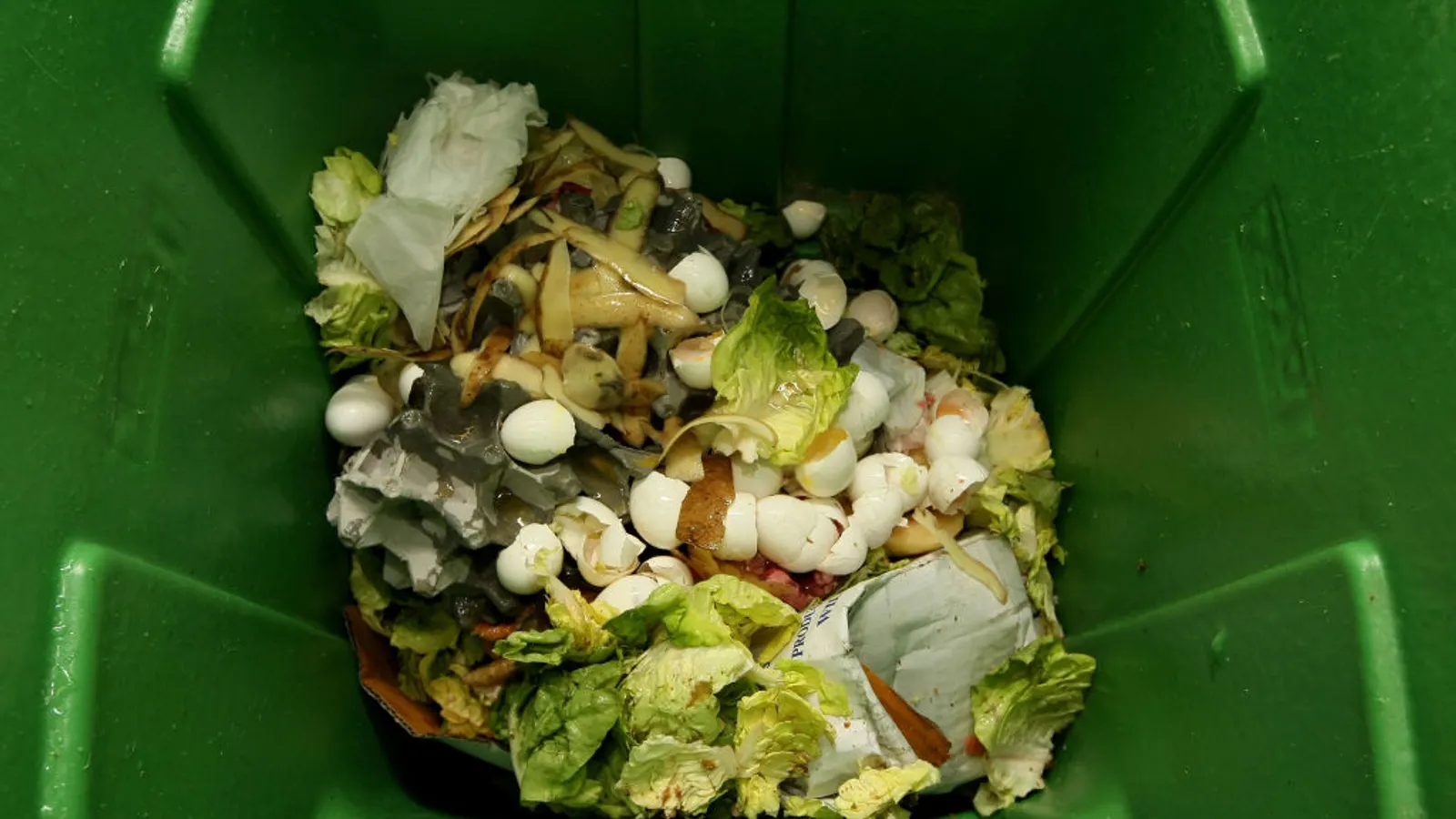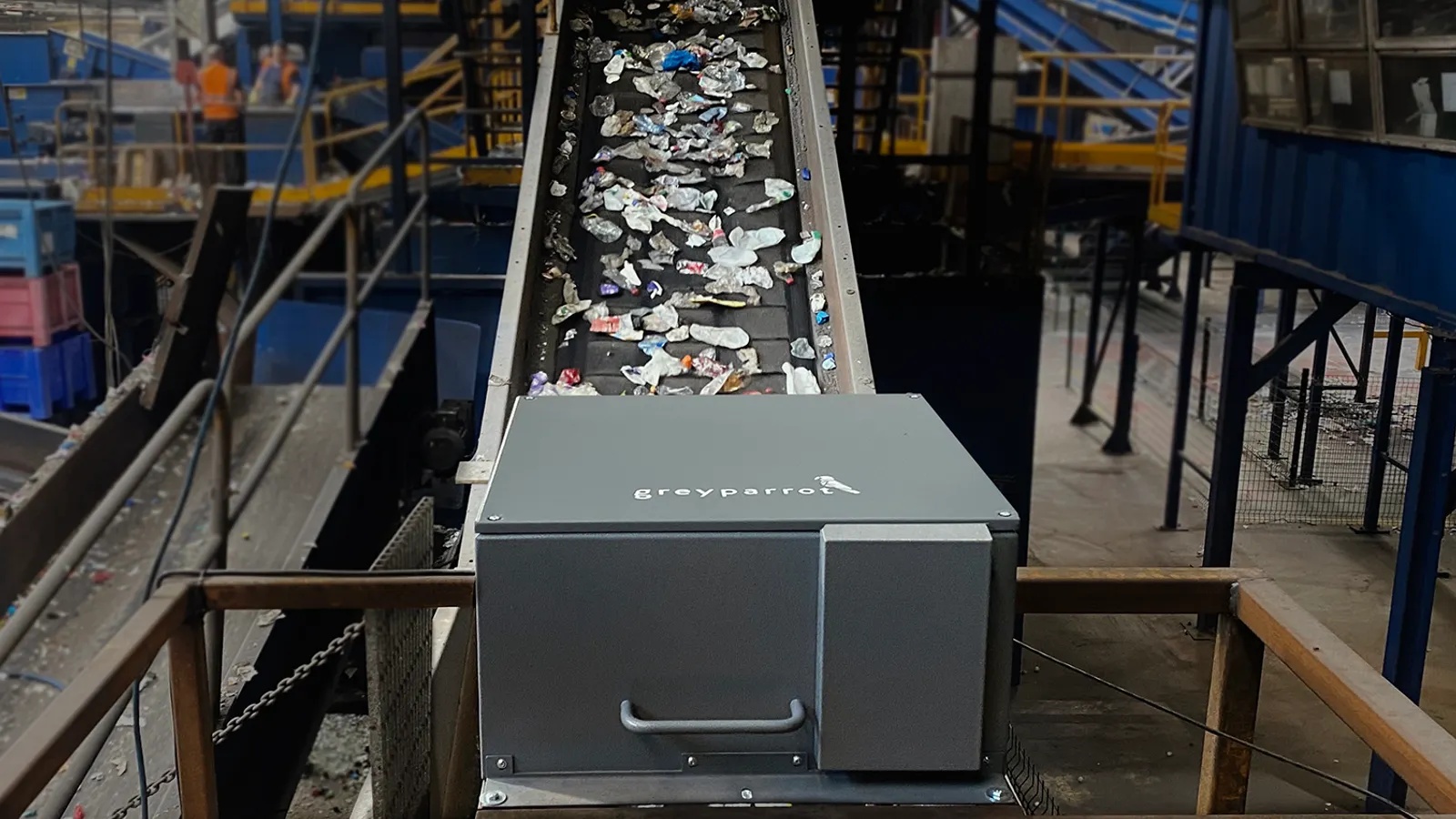Bills managing marine flares, establishing a tax exemption for certain Chiquita Canyon compensation payments and expanding composting regulations for certain farmers are still in play after a legislative deadline.
Category: Waste Dive
Auto Added by WPeMatico

The agency will host a public meeting May 27 to take feedback. Circular Action Alliance, the packaging EPR program’s PRO, plans to hire a new state lead as former CalRecycle director Rachel Wagoner steps aside.

The Biodegradable Products Institute says it’s still waiting to hear whether there could be a compliance extension for a key provision of AB 1201 poised to affect compostables in the state come 2026.

Industry professionals at this year’s conference called for coordinated battery fire prevention strategies, including integrating newer tech like x-ray sorters, to fight growing battery waste streams such as vapes.

Many companies have targets to make 100% of their packaging recyclable, reusable or compostable by 2025. Now, as they face the hardest categories to transform, some are weighing whether it’s feasible.
The state just announced a new satellite monitoring program, and key officials are lining up in support of a new landfill methane rule. Advocates are eager for that process to start.

Brand innovations, policy changes and better communication could help ease challenges associated with adding recycled content to packaging, said speakers at the Plastics Recycling Conference.

A study led by Closed Loop Partners, in collaboration with Greyparrot, analyzed more than 650 tons of material from four U.S. MRFs.

Leaders from Republic Services, Rumpke Waste & Recycling and elsewhere discussed their role in recycling plastics at the Sustainability in Packaging US conference.
State officials shared updates in the first SB 54 advisory board meeting since Gov. Gavin Newsom called for a regulatory restart. CalRecycle said it will continue working on multiple other statutory requirements in the meantime.